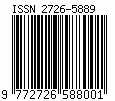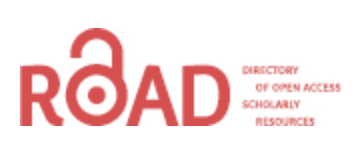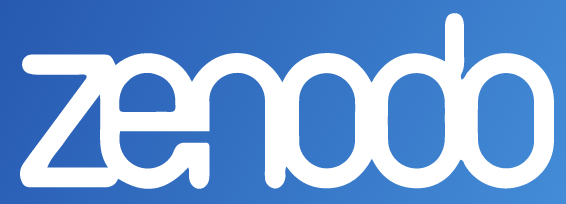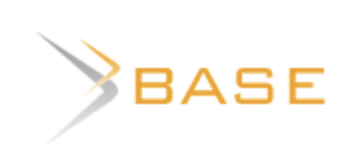Information Security in Electronic Administration
Keywords:
digitalization, public administration, cybersecurity, data, governanceAbstract
Abstract
Since the introduction of the Internet in 1995, the digitalization of Morocco’s public administration has steadily progressed through national strategies such as “e-Maroc 2010” and “Maroc Digital 2020.” The main objective is to modernize services provided to citizens, businesses, and public institutions.
However, this digital transformation brings major cybersecurity challenges. The protection of public data relies on both technical measures (encryption, firewalls, authentication) and physical safeguards. In the face of increasing cyber threats, adopting a proactive approach is essential to ensure the confidentiality, integrity, and availability of information.
In addition, normative security—based on compliance with national laws and international standards such as ISO/IEC 27000—plays a key role in the governance of information systems. Identifying risks, allocating appropriate resources, raising awareness among public stakeholders, and applying structured methods (such as PDCA or MEHARI) are all critical components.
Ultimately, the success of Morocco’s digitalization efforts depends on striking a balance between technological innovation and regulatory rigor. This is necessary to build a secure, resilient, and trustworthy digital administration that respects citizens’ privacy.
Downloads
Downloads
Published
How to Cite
Issue
Section
License
Copyright (c) 2025 Fatima ASSADI

This work is licensed under a Creative Commons Attribution-NonCommercial 4.0 International License.















